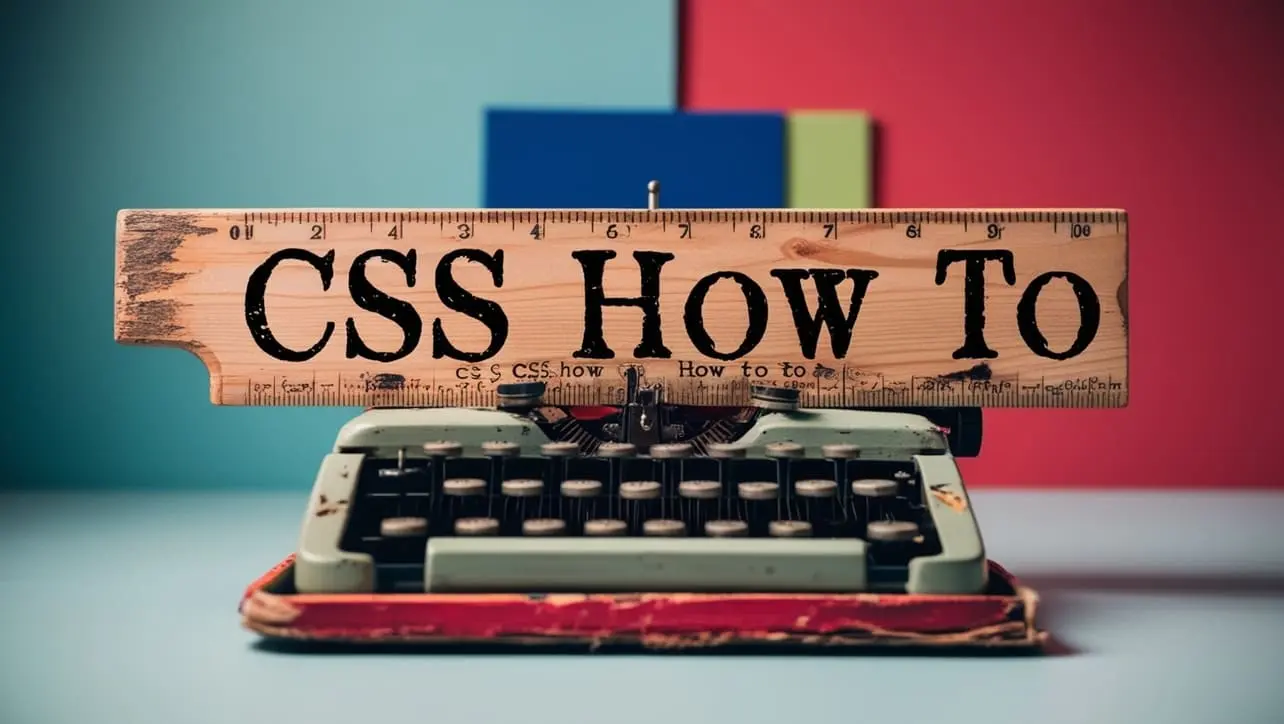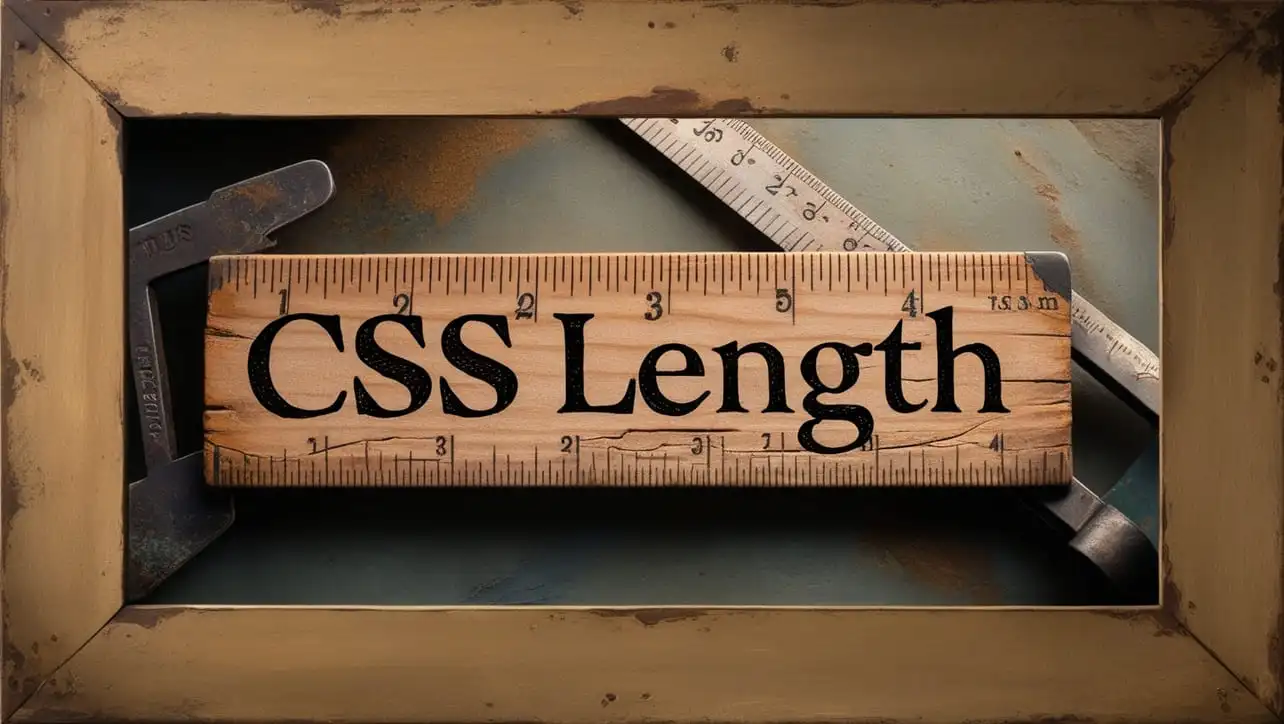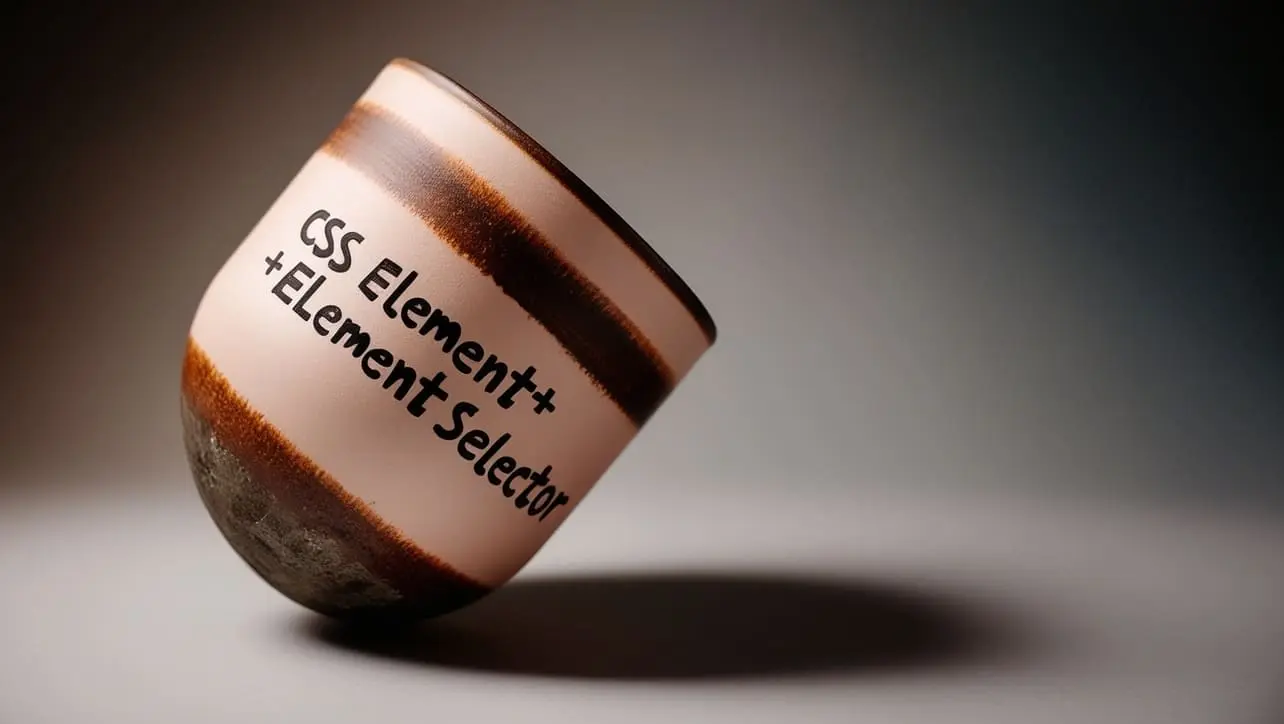
JS Topics
- JS Intro
- JS File Handling
- JS Array Methods
- JS Console Methods
- JS Date Methods
- getDate()
- getDay()
- getFullYear()
- getHours()
- getMilliseconds()
- getMinutes()
- getMonth()
- getSeconds()
- getTime()
- getTimezoneOffset()
- getUTCDate()
- getUTCDay()
- getUTCFullYear()
- getUTCHours()
- getUTCMilliseconds()
- getUTCMinutes()
- getUTCMonth()
- getUTCSeconds()
- now()
- parse()
- setDate()
- setFullYear()
- setHours()
- setMilliseconds()
- setMinutes()
- setMonth()
- setSeconds()
- setTime()
- setUTCDate()
- setUTCFullYear()
- setUTCHours()
- setUTCMilliseconds()
- setUTCMinutes()
- setUTCMonth()
- setUTCSeconds()
- toDateString()
- toISOString()
- toJSON()
- toLocaleDateString()
- toLocaleString()
- toLocaleTimeString()
- toString()
- toTimeString()
- toUTCString()
- UTC()
- valueOf()
- JS Navigator Methods
- JS Node Methods
- JS Number Methods
- JS String Properties
- JS String Methods
- JS Window Methods
- JS Cookies
- JS Interview Programs
- JS Star Pattern
- JS Number Pattern
- JS Alphabet Pattern
JavaScript Date getMinutes() Methods

Photo Credit to CodeToFun
🙋 Introduction
Working with dates in JavaScript is a common task, and the getMinutes() method is a valuable tool when dealing with time-related operations. This method, belonging to the Date object, allows you to retrieve the minutes component of a given date.
In this guide, we'll explore the syntax, usage, best practices, and practical examples of the getMinutes() method.
🧠 Understanding getMinutes() Method
The getMinutes() method is part of the Date object in JavaScript. It returns the minutes of the specified date according to local time, ranging from 0 to 59.
💡 Syntax
The syntax for the getMinutes() method is straightforward:
date.getMinutes();- date: The Date object from which you want to retrieve the minutes.
📝 Example
Let's dive into a simple example to illustrate the usage of the getMinutes() method:
// Create a new Date object with the current date and time
const currentDate = new Date();
// Get the minutes using getMinutes()
const minutes = currentDate.getMinutes();
console.log(`The current minutes are: ${minutes}`);In this example, the getMinutes() method is used to extract the current minutes from the currentDate object.
🏆 Best Practices
When working with the getMinutes() method, consider the following best practices:
Ensure Valid Date:
Always make sure that the Date object you are working with is valid to avoid unexpected results.
example.jsCopiedconst possiblyInvalidDate = new Date('invalid date'); if (!isNaN(possiblyInvalidDate.getTime())) { const minutes = possiblyInvalidDate.getMinutes(); console.log(`Minutes: ${minutes}`); } else { console.error('Invalid date!'); }Consider Time Zones:
Be aware that
getMinutes()returns the minutes in local time. If you need to work with a specific time zone, additional steps may be required.
📚 Use Cases
Displaying Time Components:
The
getMinutes()method is useful when you need to display or manipulate specific time components. For example:example.jsCopiedconst eventTime = new Date('2024-02-28T18:30:00'); const minutes = eventTime.getMinutes(); const hours = eventTime.getHours(); console.log(`Event starts at ${hours}:${minutes}`);Scheduling and Reminders:
When working on scheduling tasks or setting reminders, the
getMinutes()method can be employed to check and handle specific minutes:example.jsCopiedconst reminderTime = new Date(); reminderTime.setMinutes(30); const currentMinutes = new Date().getMinutes(); if (currentMinutes === reminderTime.getMinutes()) { console.log('Time for your reminder!'); }
🎉 Conclusion
The getMinutes() method is a valuable tool for handling time-related operations in JavaScript. Whether you're displaying time components, working with scheduling, or any other time-sensitive task.
By adhering to best practices and exploring diverse use cases, you can harness the full potential of the getMinutes() method in your JavaScript projects.
👨💻 Join our Community:
Author

For over eight years, I worked as a full-stack web developer. Now, I have chosen my profession as a full-time blogger at codetofun.com.
Buy me a coffee to make codetofun.com free for everyone.
Buy me a Coffee












If you have any doubts regarding this article (JavaScript Date getMinutes() Methods), please comment here. I will help you immediately.